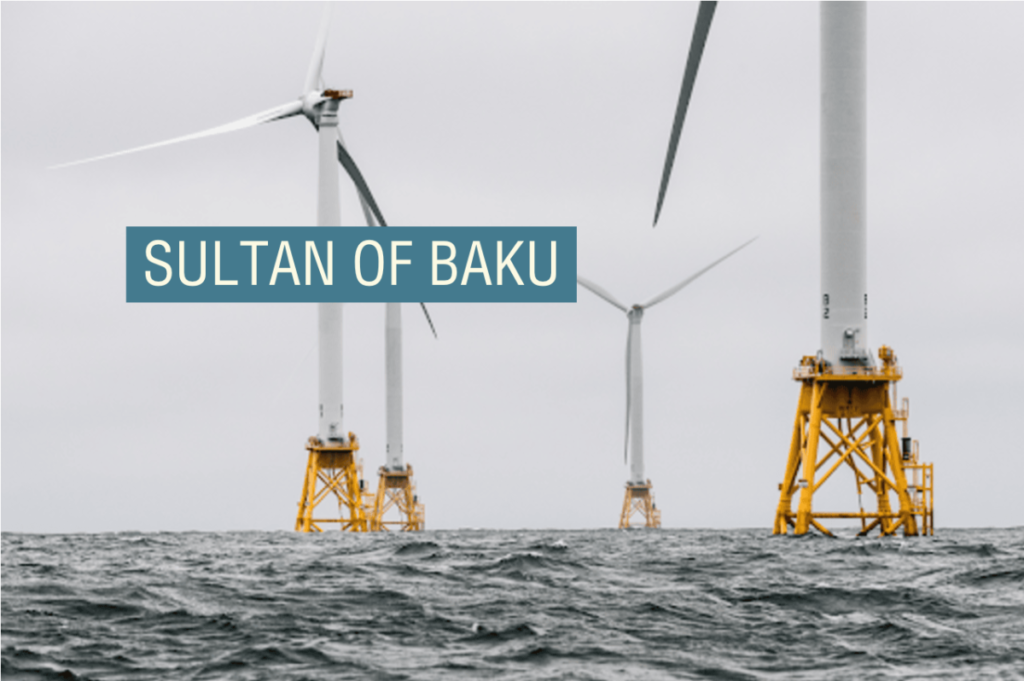The recent COP29 conference in Baku has proven to be a pivotal platform for the Abu Dhabi renewable energy company Masdar, enabling it to pursue its ambitious global expansion strategy. The company is particularly focusing on bolstering its international presence in renewable energy as it seeks to support its chairman, Sultan Al Jaber, in achieving a significant milestone: securing a commitment for a tripling of global renewable energy capacity by the end of the decade. This objective aligns with not only Masdar’s business aspirations but also the broader, urgent need for a global transition towards sustainable energy sources in the face of rising climate change concerns.
Despite the ongoing challenges in the renewable energy sector, including increasing costs and narrowing profit margins, Masdar continues to press forward with its projects. One of the most notable developments is a groundbreaking agreement to co-develop an offshore wind energy project along Azerbaijan’s Caspian Sea coast. This partnership includes SOCAR Green and Saudi-listed ACWA Power, and the project will have a capacity of 3.5 gigawatts. This initiative marks Azerbaijan’s first foray into offshore wind energy production, highlighting its potential not just as a natural gas-producing country but also as a future net exporter of clean electricity.
In addition to the offshore wind project in Azerbaijan, Masdar has also made strides in other regions. The company secured agreements with Albania Power Corp. and the Ministry of Energy of Uzbekistan, indicating its intent to invest and develop renewable energy solutions across a range of markets. In Uzbekistan, Masdar is particularly engaged in delivering a new wind farm designed to provide clean energy to approximately 300,000 households. This effort is part of Uzbekistan’s broader ambition to achieve 40% of its power from renewable sources by 2030, underscoring the country’s commitment to sustainable energy transition.
The significance of these agreements extends beyond Masdar’s corporate growth; they reflect a crucial trend towards renewable energy development in various parts of the world. In regions rich in natural resources and facing energy challenges, partnerships like those formed by Masdar can catalyze important advancements in renewable energy infrastructure. This collaborative approach is essential for fostering energy security, reducing reliance on fossil fuels, and achieving national and global climate goals, particularly in regions that have traditionally depended on non-renewable sources for their energy needs.
Furthermore, the commitments made at COP29, including those facilitated by Masdar, serve as indicative of a larger global movement towards cleaner energy solutions. As countries and companies around the world double down on efforts to mitigate climate change, events such as COP29 play a vital role in providing a forum for collaboration and agreement on ambitious targets. The tripling of renewable energy capacity by the end of the decade, as championed by Sultan Al Jaber, is an ambitious yet critical goal that could lead to substantial environmental benefits and economic opportunities.
In conclusion, the developments stemming from COP29 highlight Masdar’s strategic initiatives in the renewable energy sector. By leveraging partnerships in Azerbaijan, Albania, and Uzbekistan, Masdar is not only working to expand its operational footprint but is also contributing to the broader global agenda of increasing renewable energy capacity. The successful implementation of these projects could mark significant strides toward global sustainability, creating a legacy that aligns with the goals set forth at COP29 and beyond while responding to the pressing challenges of climate change and energy security.

